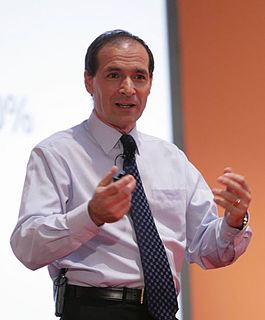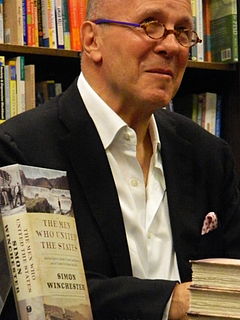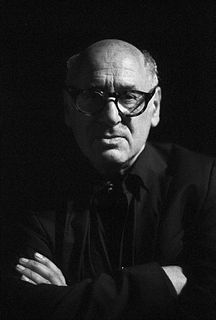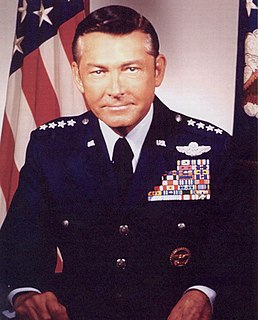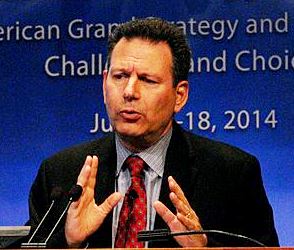A Quote by Alice McDermott
I'm more interested in character than events. I've observed that about myself as a writer. I find events, even the most dramatic sort, not to be such fertile ground.
Related Quotes
I believe a good writer can write a good book with any sort of character, in any sort of setting, but I prefer to write about the outsider. It might just be because I've been one (or perceived myself to be one) for so much of my life. But the simple fact of being marginalized immediately brings conflict to a story before the narrative even begins, and that's gold for a writer because it means that your character already has depth before events begin to unfold.
Within a single scene, it seems to be unwise to have access to the inner reflections of more than one character. The reader generally needs a single character as the means of perception, as the character to whom the events are happening, as the character with whom he is to empathize in order to have the events of the writing happen to him.
Many people believe that decentralization means loss of control. That's simply not true. You can improve control if you look at control as the control of events and not people. Then, the more people you have controlling events - the more people you have that care about controlling the events, the more people you have proactively working to create favorable events - the more control you have within the organization, by definition.
I don't think my work is so much about opening up wounds. I think it's about understanding the nature of the wound. I'm not bleeding on the canvas. I, like most people, have suffered traumatic events. The character of a person's life is determined by the way they deal with those events. I am a creative person and I deal with it creatively.






